Does the plastics industry support waste pickers? It’s complicated – Grist Magazine
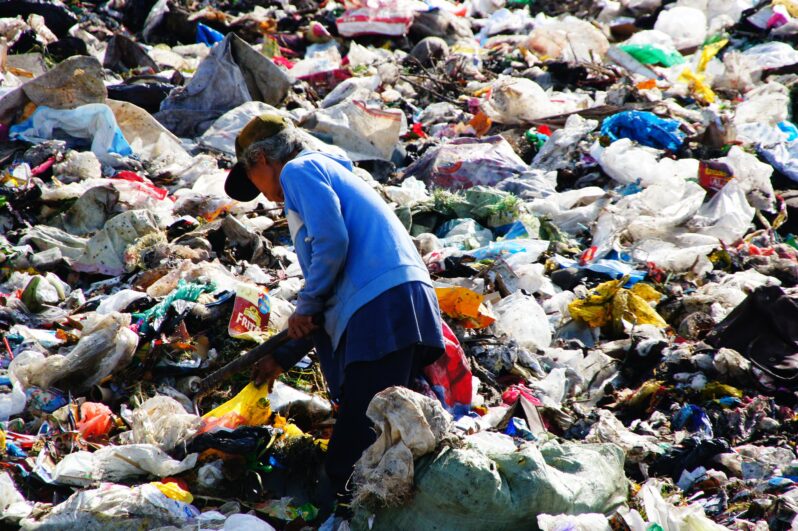
The people who clean up the world’s trash say some companies’ statements of support are little more than lip service…
Amazing wildlife on display on a rare trip to the Farallon Islands off S.F. coast – San Francisco Chronicle
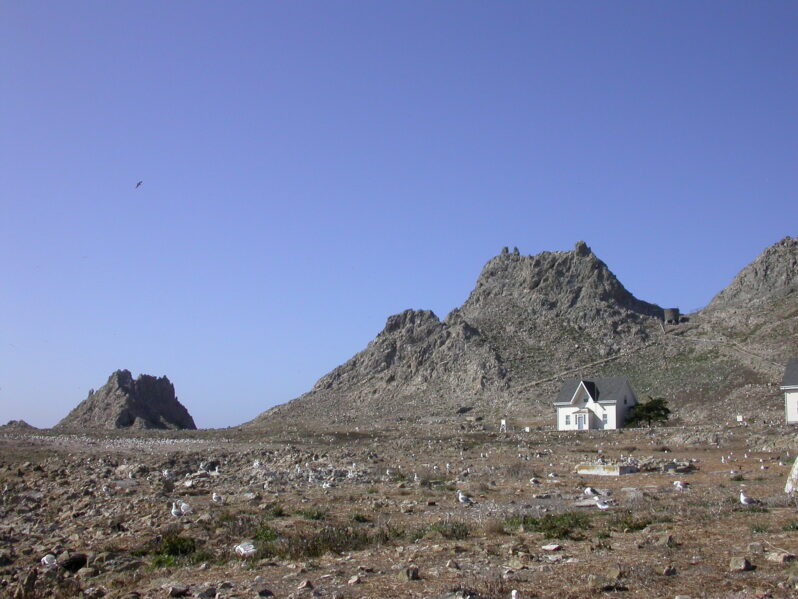
One small island in the Indian Ocean shows how quickly seabird populations can recover after people eradicate invasive predators…
In the South, Sea Level Rise Accelerates at Some of the Most Extreme Rates on Earth – Inside Climate News
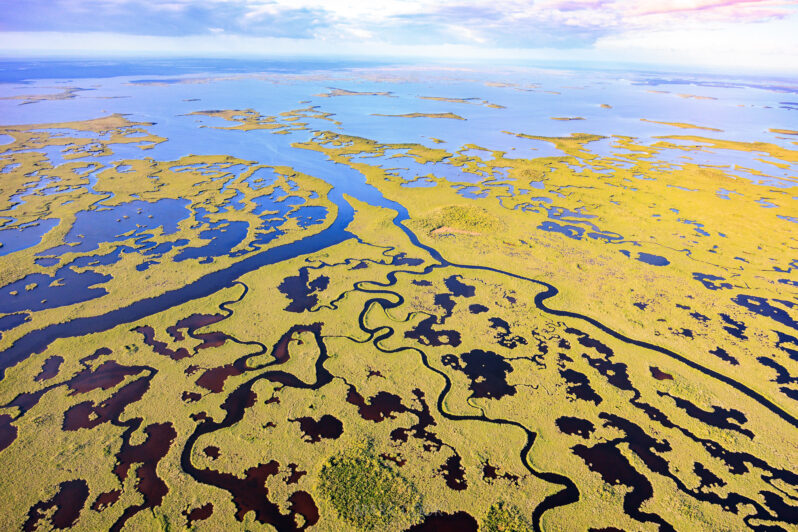
The surge is startling scientists, amplifying impacts such as hurricane storm surges and nuisance flooding and testing mitigation measures like the Resilient Florida program…
Earth broke all-time heat record two days in a row, scientists say – the Washington Post
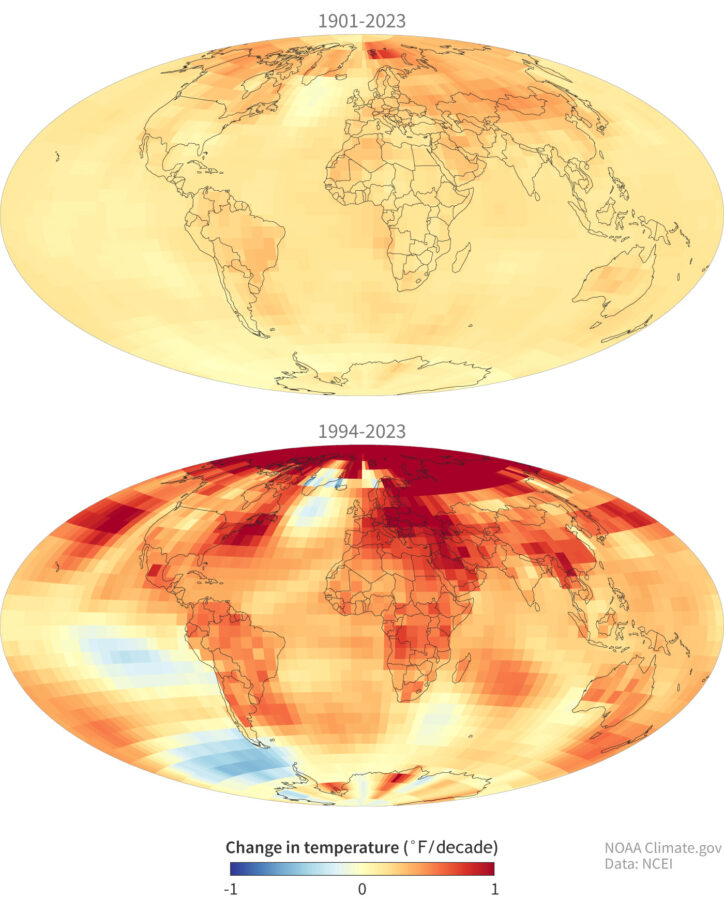
Global temperatures Monday were highest ever observed — breaking a record set only 24 hours earlier….
The MAGA Plan to End Free Weather Reports – the Atlantic
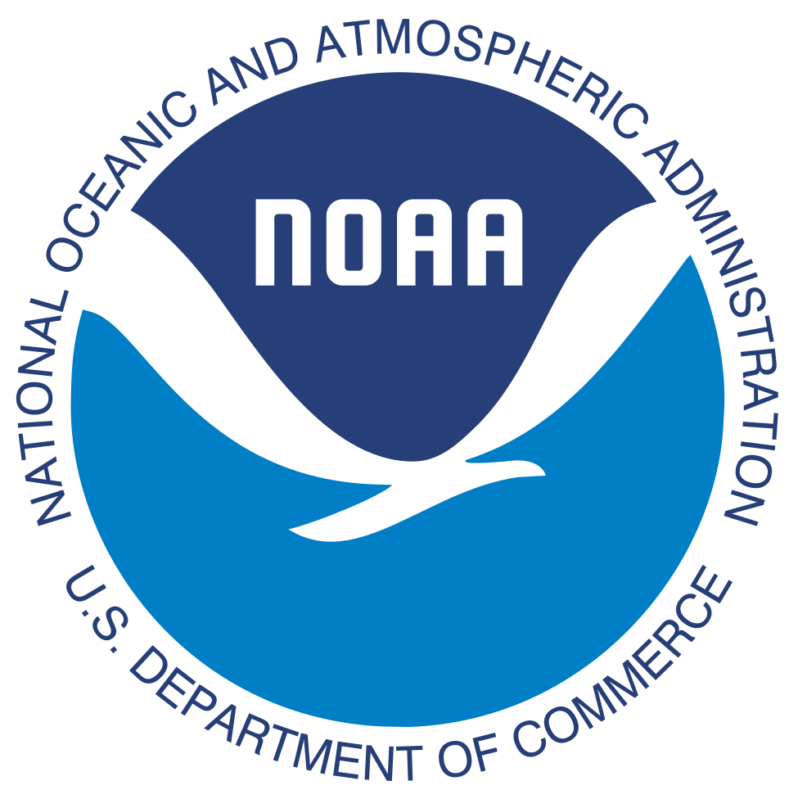
Project 2025 would all but dissolve the National Oceanic and Atmospheric Administration…
Mangrove Trees Are on the Move, Taking the Tropics with Them – Scientific American
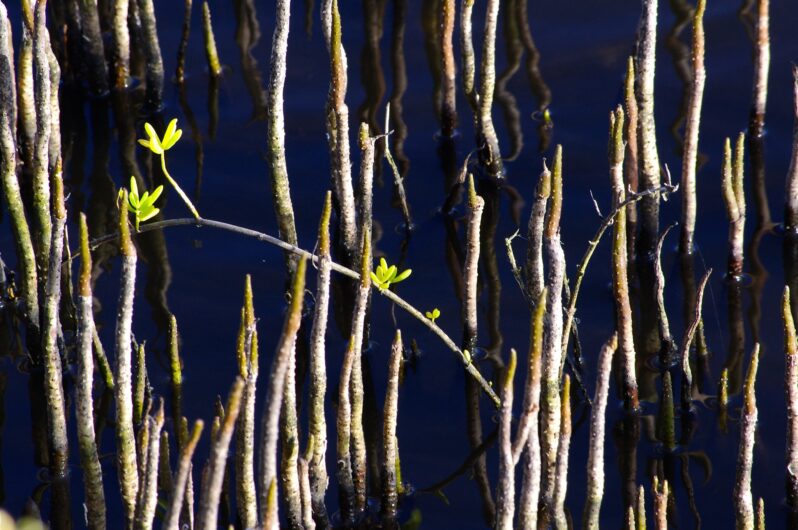
As the climate warms, mangroves are migrating farther poleward, transforming the coast as they go…
Is there a wrong way to talk about climate change? – Grist Magazine
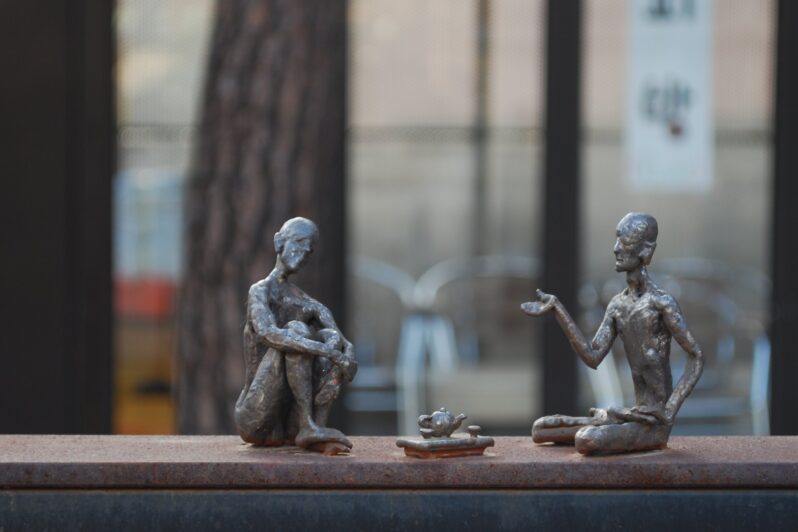
In a provocative new book, Genevieve Guenther argues that too many conversations are happening on the fossil fuel industry’s terms….
Shrimp farms threaten Mexico’s mangroves and the jaguars that inhabit them – Mongabay
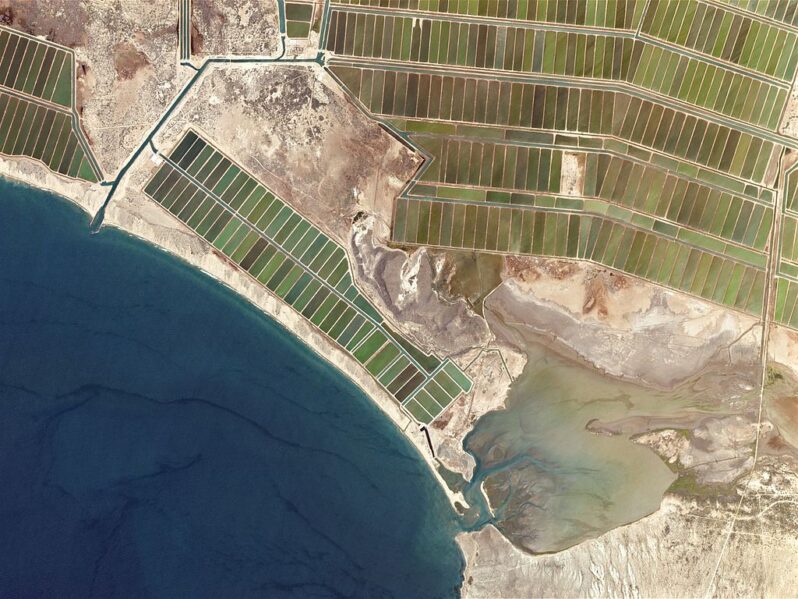
Western Mexico’s rapidly expanding shrimp farms, many of which are illegal, are contributing to the deforestation of the Pacific coast’s mangroves, an important habitat for jaguars…
Using Trash to Track Other Trash – Hakai Magazine
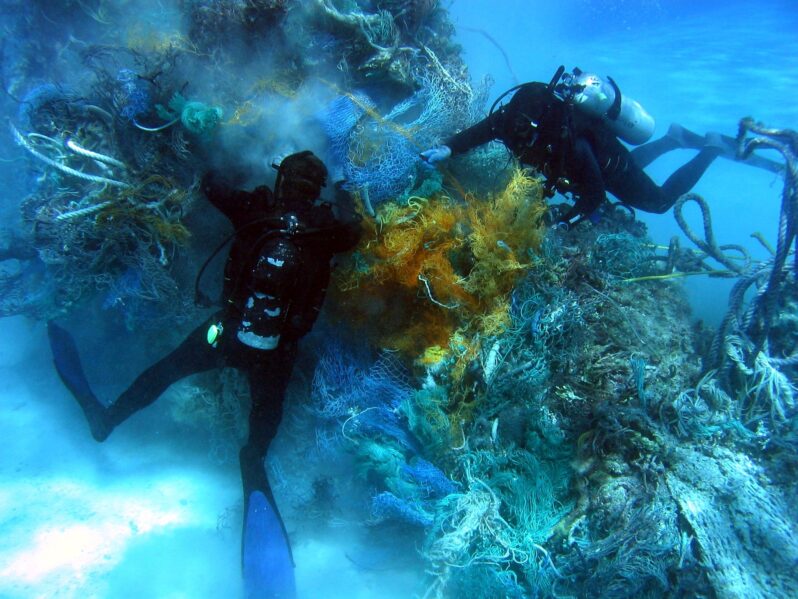
An Australian organization is taking “Reduce, Reuse, Recycle” to heart with its ghost net clean-up program….
